Mera Peak Climbing is an exceptional trip to touch the summit of 6461 meters in the Everest region of Nepal. Mera Peak is the highest peak in Nepal in the category of peak climbing. Due to the heavy snowfall over the peaks, the expedition trip often becomes technical and it offers the excellent views of the 8000-meter peaks around Mt. Everest (8848 meters) that include Makalu, Cho Oyu, Lhotse, and others.
Mera Peak climbing itinerary embarks through the isolated area, avoiding the heavily trafficked route of Everest base camp. The trip crosses various high passes on the route, including Zatra La Pass and the tough route of the Hinku valley. The scenery of the pristine remote countryside and grassy meadows change to the glacial part after heading towards the alpine region. Khare at 5045 meters altitude, serves as the base camp of the Mera peak climbing with the pre-climbing practices. Mera High Camp is set at 5780 meters. The route to climb towards the top of Mera Peak is a long way, dealing the heap of snow. Climbing essentials, climbing technique, way to using the climbing equipments and well preparation for the altitude sickness require for the successful summit of the Mera Peak Climbing.
The best seasons for climbing the Mera Peak are Spring (March to May) and Autumn (September to November). This trip is excellently arranged by Reliance Trekking with experienced mountaineering guides and supporting team. Please, do not hesitate to contact us for more details.

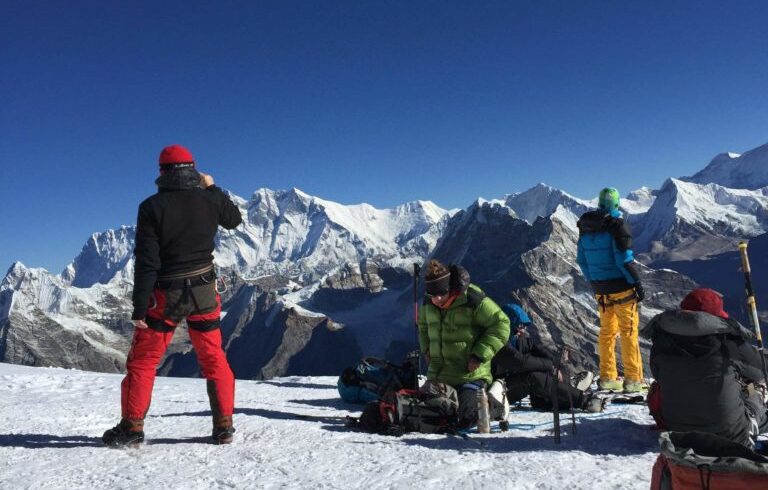
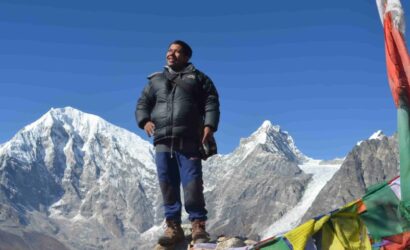
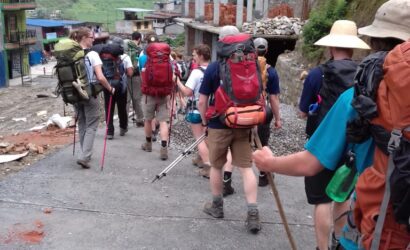
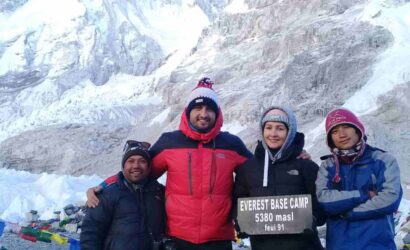
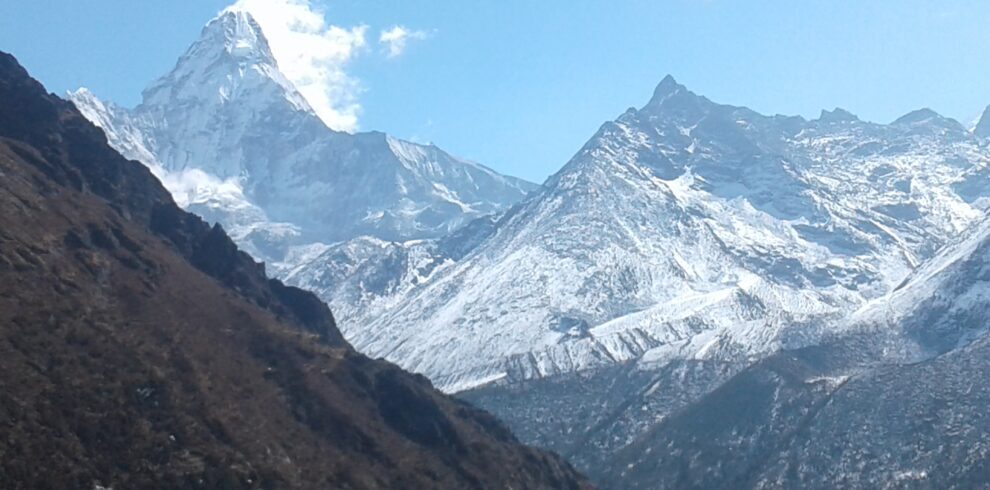
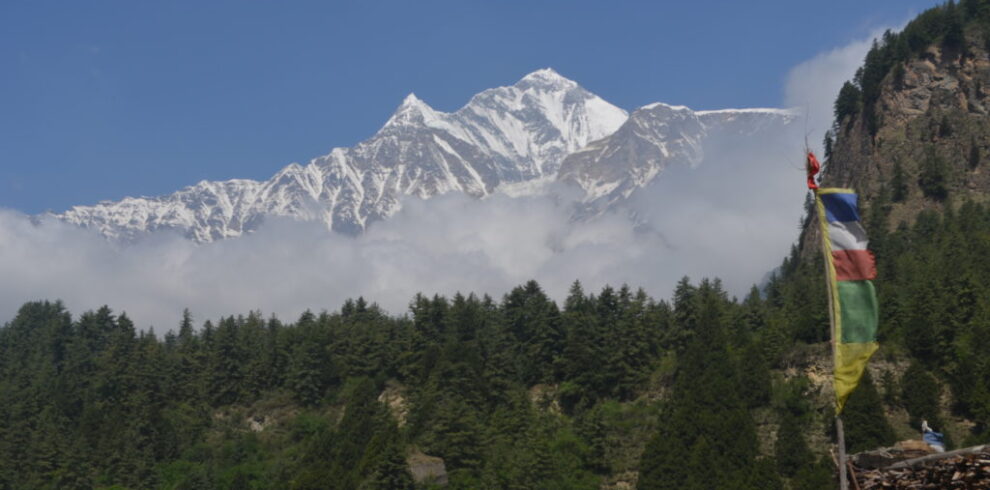
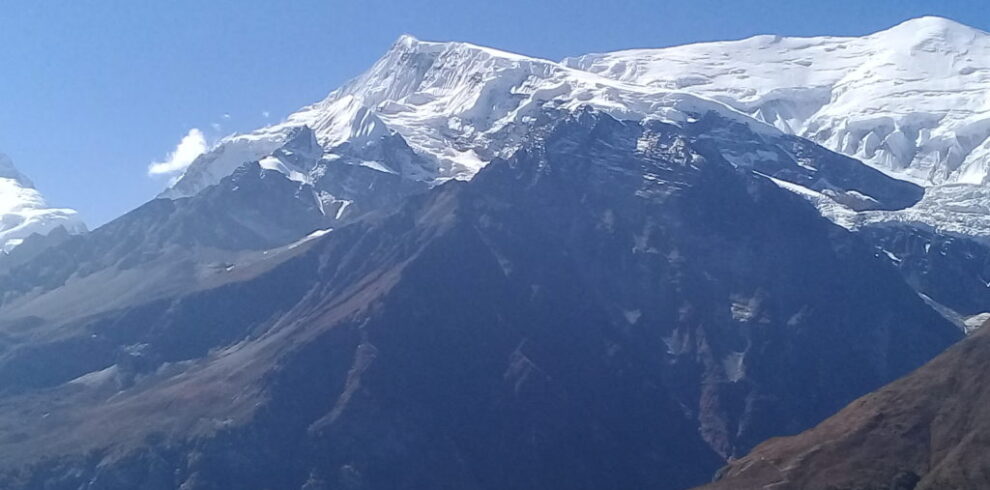
Write a Review